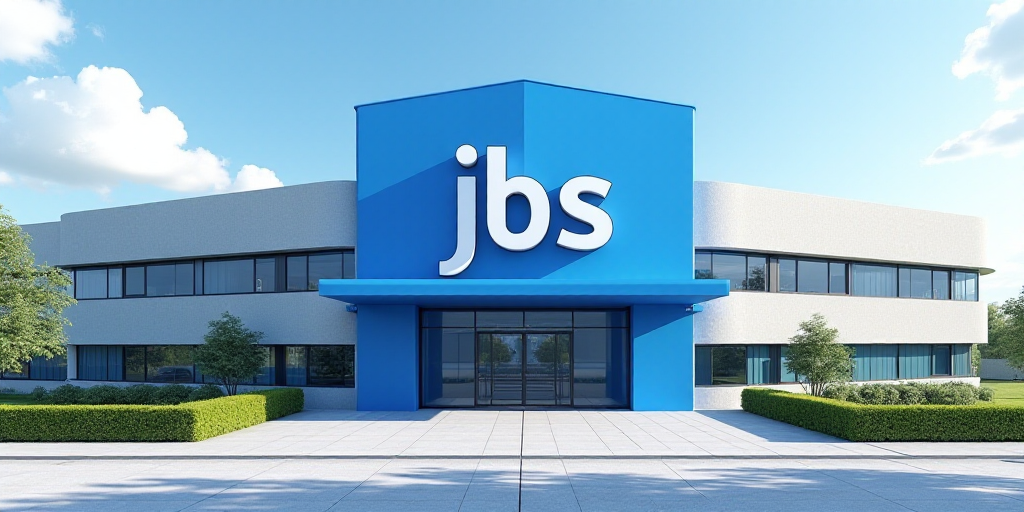Background on JBS and its Global Significance
JBS, the world’s largest meat processing company, has finally secured approval from its shareholders to list its shares on the New York Stock Exchange (NYSE). This move will enable JBS to have dual listing, trading on both the B3 in São Paulo and Wall Street, with operations expected to commence on June 12th.
The Voting Process and Reversal of Initial Outcome
This decision was reached following a special general meeting vote on Friday, reversing earlier partial results that indicated a majority against the proposal. In the remote voting on Thursday, the “against” option narrowly led with 271 million votes against 246 million, but this was overturned in the subsequent day’s vote.
JBS’s Rationale for Dual Listing
Guilherme Cavalcanti, JBS’s Chief Financial Officer, stated, “With the dual listing, we aim to have a corporate structure that better reflects our global presence and diversified international operations, as well as facilitate the implementation of our growth strategy and value addition.”
Share Structure and Environmental Concerns
Through a Dutch-based investment vehicle (JBS NV), the company will issue Class A and Class B shares. The latter, without a stock market listing, will have ten times the voting power of Class A shares. In Brazil, BDRs (Brazilian Depositary Receipts) Level II will be issued at a ratio of one for every two current shares, pending approval from the U.S. Securities and Exchange Commission (SEC).
Following the announcement, JBS’s shares rose by 2%, but closed with a 1.23% decline on the day.
Historical Context and Challenges
JBS’s plans to list in the U.S. faced repeated delays over the past decade due to corruption scandals involving major shareholders, Joesley and Wesley Batista, as well as concerns about its environmental impact and transparency of climate goals.
Control Structure and Shareholder Vote
JBS is majority-controlled by J&F Investimentos (48% of the company), owned by the children of JBS’s founder, José Batista. In the vote, J&F abstained, as did the second-largest shareholder, Banco Nacional de Desenvolvimento Econômico e Social (Bndes). Ultimately, the decision rested with external investors holding roughly a third of JBS’s shares.
Under the new Class A and B share structure, the Batista family’s majority stake could potentially hold up to 85% of the voting rights, further solidifying the brothers’ leadership within the family business.
Key Questions and Answers
- What is JBS, and why is this news significant? JBS is the world’s largest meat processing company. This news is significant because it marks their decision to dual-list on the NYSE and B3, reflecting their global presence and growth strategy.
- What challenges did JBS face in pursuing a U.S. listing? JBS faced delays due to corruption scandals involving major shareholders and concerns about its environmental impact and climate goals transparency.
- How will JBS’s share structure change with this decision? JBS will issue Class A and B shares, with Class B shares having ten times the voting power of Class A shares. Additionally, Brazilian Depositary Receipts (BDRs) Level II will be issued at a ratio of one for every two current shares.
- Who are the major shareholders of JBS, and how did they vote in this decision? JBS is majority-controlled by J&F Investimentos (48%) owned by the children of JBS’s founder, José Batista. Both J&F and the second-largest shareholder, Bndes, abstained from voting. The decision was made by external investors holding about a third of JBS’s shares.






